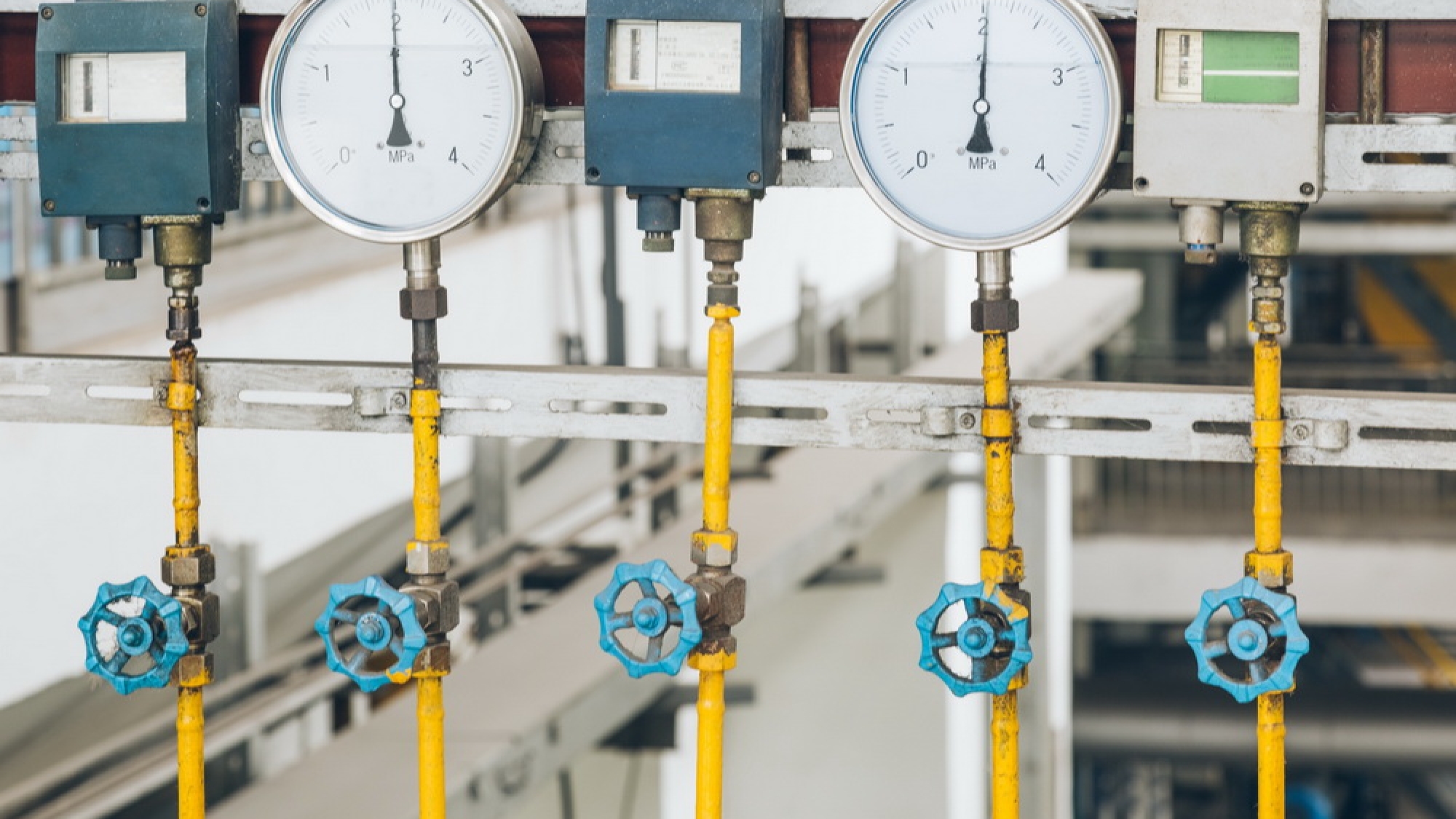In today’s world, technological advancements are reshaping how industries operate. One of the most critical aspects of this evolution is the use of instrumentation, which helps monitor, control, and optimize industrial processes. Instrumentation serves as one of the fundamental technologies employed across various industries, playing a vital role in ensuring quality, efficiency, and safety.
Definition of Instrumentation
Instrumentation refers to a collection of devices, equipment, and technologies designed to measure, monitor, and control various parameters in an industrial system. These parameters include temperature, pressure, liquid levels, flow, humidity, and other physical or chemical characteristics. By providing accurate and real-time data, instrumentation enables operators and automated systems to achieve optimal performance.
Main Components of Instrumentation
Instrumentation typically consists of three main components:
- Sensors: Measure physical quantities and convert them into signals that can be processed. For example, thermocouples measure temperature and convert it into an electrical signal.
- Transmitters: Amplify the measured signals from sensors and send them to the control system.
- Controllers: Analyze the received data and make decisions necessary to adjust the process.
Applications of Instrumentation in Industries
Instrumentation is widely used across various industries, each relying on these systems to optimize performance. Below are some key industries and their applications:
- Oil and Gas Industry:
Instrumentation is critical for controlling pressure, temperature, and flow in pipelines and refineries. It helps prevent accidents and reduces maintenance costs. - Food and Pharmaceutical Industries:
In these sectors, monitoring temperature and humidity is essential to maintain product quality. Instrumentation plays a vital role in production lines and packaging. - Power Generation Industry:
Monitoring parameters such as steam pressure and turbine temperature through instrumentation maximizes power plant efficiency. - Water and Wastewater Treatment Plants:
Instrumentation is crucial for managing water quality, controlling treatment processes, and optimizing energy consumption.
Importance of Instrumentation in Industries
- Enhancing Efficiency:
Instrumentation provides accurate and reliable data, helping operators make better decisions and optimize system performance. - Increasing Safety:
Precise measurement of critical parameters prevents system failures and accidents. - Reducing Costs:
Instrumentation enables preventive maintenance, lowering costs associated with equipment breakdowns. - Ensuring Quality:
By precisely controlling processes, instrumentation guarantees the quality of final products.
Instrumentation and Modern Technologies
Today, instrumentation has evolved with advanced technologies such as the Internet of Things (IoT), Artificial Intelligence (AI), and Machine Learning (ML). These advancements allow for the collection and analysis of more complex data, contributing to automation and predictive maintenance.
For instance, smart sensors equipped with IoT can transmit real-time data to the cloud, enabling advanced analytics. This data supports real-time decision-making and enhances system efficiency.
Challenges in Using Instrumentation
- High Initial Costs:
Installing and deploying instrumentation systems can be expensive. - Maintenance and Calibration Requirements:
Instrumentation systems require regular maintenance and precise calibration to function correctly. - Cybersecurity Risks:
With the digitalization of instrumentation, cybersecurity threats have increased. Protecting data and systems is a critical concern.
Conclusion
Instrumentation serves as the beating heart of industrial systems, playing a vital role in improving efficiency, safety, and quality. With technological advancements, these systems are becoming smarter and more efficient, addressing the complex needs of modern industries. Investing in instrumentation and using it correctly can contribute to the long-term success of industries in today’s competitive landscape.


Add a Comment